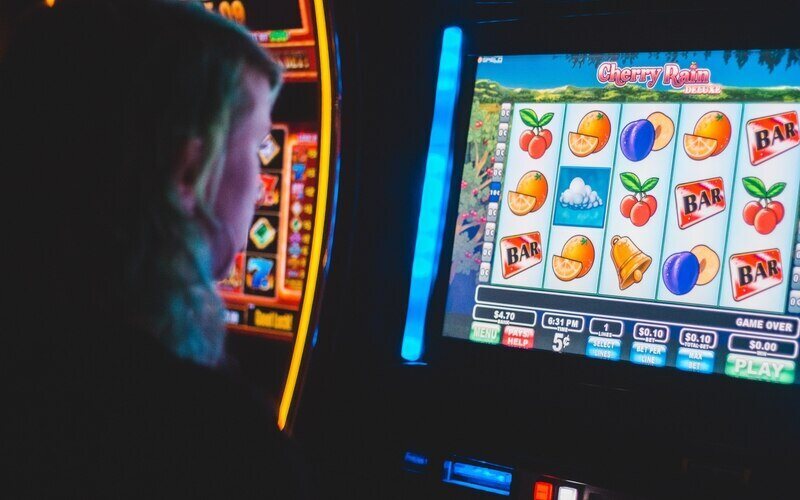This is an increase of $21.60 per week from the previous national minimum wage (NMW) of $719.20 per week, or an extra 56 cents per hour (from $18.93 to $19.49) for a 38-hour working week.
Over an entire year, the additional $21.60 per week would equate to an extra $1,123 per year from $37,398 to $38,521.
This year’s wage rise is smaller than last year’s 3.5%, which Fair Work Commission (FWC) president Iain Ross acknowledged.
“We have decided to award a lower increase this year than that awarded last year having regard to the changes in the economic environment, in particular the recent fall in GDP growth and the drop in inflation, and the tax-transfer changes which have taken effect in the current Review period and which have provided a benefit to low-paid households,” Mr Ross said.
“We are satisfied that the level of increase we have decided upon will not lead to any adverse inflationary outcome and nor will it have any measurable negative impact on employment.
“However, such an increase will mean an improvement in real wages for those employees who are reliant on the NMW and modern award minimum wages and an improvement in their living standards.”
The Australian Council of Trade Unions (ACTU), which had previously championed a 6% minimum wage increase to $762 per week with a further 5.5% the following year, said the change was “a step in the right direction” for millions of workers.
However, it also said it falls far short of ensuring no worker lives in poverty, and ACTU Assistant Secretary Liam O’Brien believes there is still a long way to go.
“This is a welcome pay rise for millions of low paid workers, especially in the face of further penalty rate cuts in a few weeks,” Mr O’Brien said.
“No one in Australia should be living in poverty while working full time, but we know that thousands of people are facing this reality.”
According to the ACTU, the extra $21.30 per week is well below the union submission of $43.
The FWC acknowledged that many people in Australia continue to experience “significant disadvantage”.
“Our overall assessment is that the relative living standards of NMW and award-reliant employees have improved over recent years, although some low-paid award-reliant employee households have household disposable incomes less than the 60 per cent of the median income relative poverty line,” Mr Ross said.
“A number of low-paid employee households are also likely to have disposable incomes that do not reach the threshold of the relevant Minimum Income for Healthy Living budget standard.
“Women are disproportionately represented among those on the NMW and those who are reliant on modern award minimum wages. An increase in the NMW and modern award minimum wages will assist in reducing the gender pay gap.”
“Jobs and small business at risk”
The Australian Chamber of Commerce and Industry wasn’t quite as positive about the news, with CEO James Pearson saying it will put jobs in danger and risk the viability of small businesses.
“Australia already has one of the highest minimum wages in the world, and continuously increasing minimum wages by significantly more than inflation has consequences,” Mr Pearson, said.
The 3% increase in the minimum wage is well above the current annual rate of inflation, 1.3%.
“It is not just the less than 2% of employees who are on the minimum wage who will receive a wage rise. It will cost Australian employers an additional $3.1 billion per year,” said Mr Pearson.
“The health of our labour market is relatively strong. However, parts of the country and some industry sectors are finding the going tough.
“These increases will make it that much harder for more than 680,000 of our fellow Australians who are unemployed, and a further 1.1 million underemployed, to find a job or more hours of work.”
Despite Mr Pearson’s comments, it would seem most Australians are in favour of the minimum wage increase.
A pre-election analysis of the ABC’s Vote Compass revealed a majority of voters for each major party felt this way, while roughly two-thirds felt the cuts to Sunday penalty rates should be reversed.



 Denise Raward
Denise Raward

 Harrison Astbury
Harrison Astbury
 Alex Brewster
Alex Brewster
 William Jolly
William Jolly
